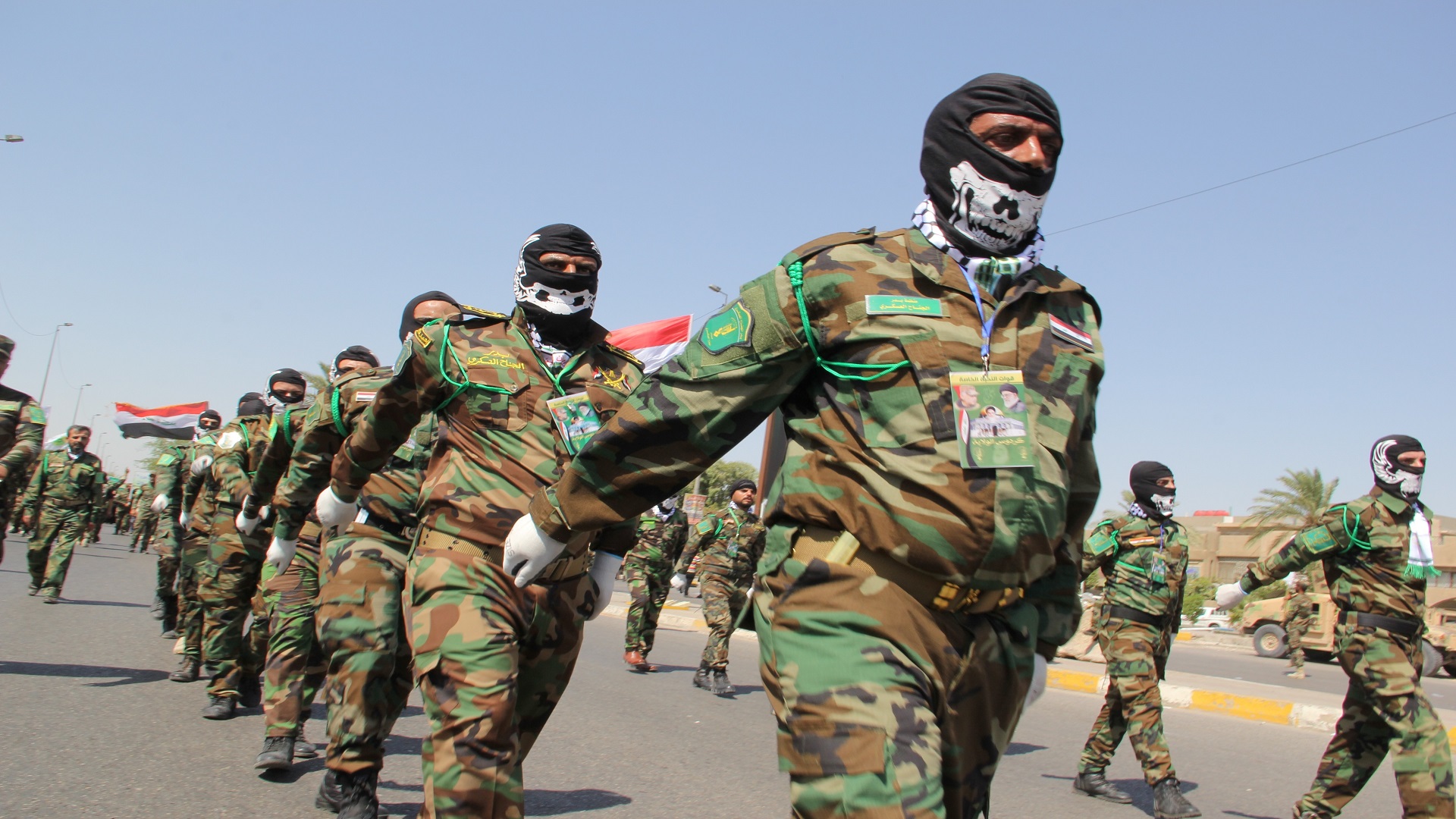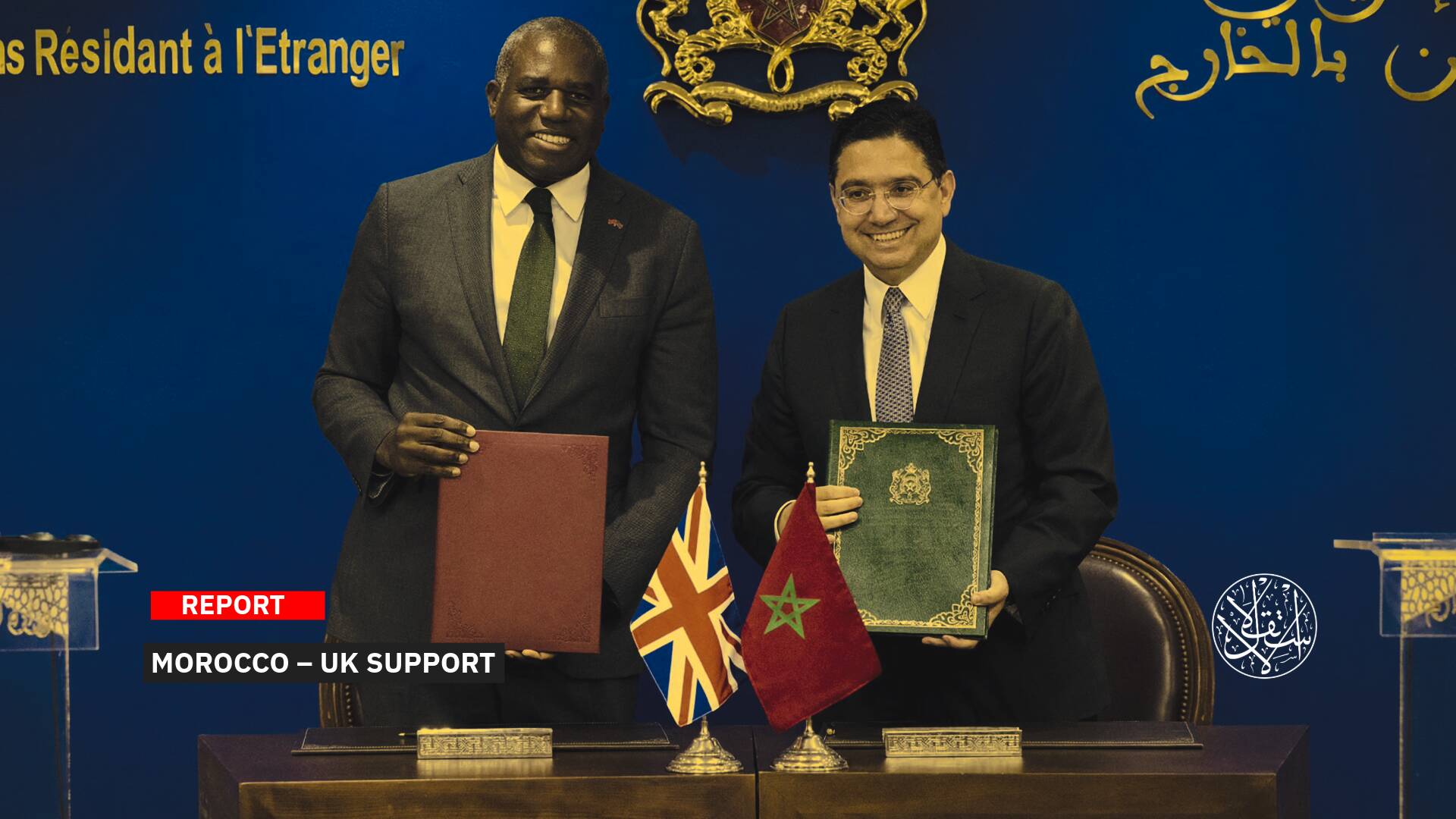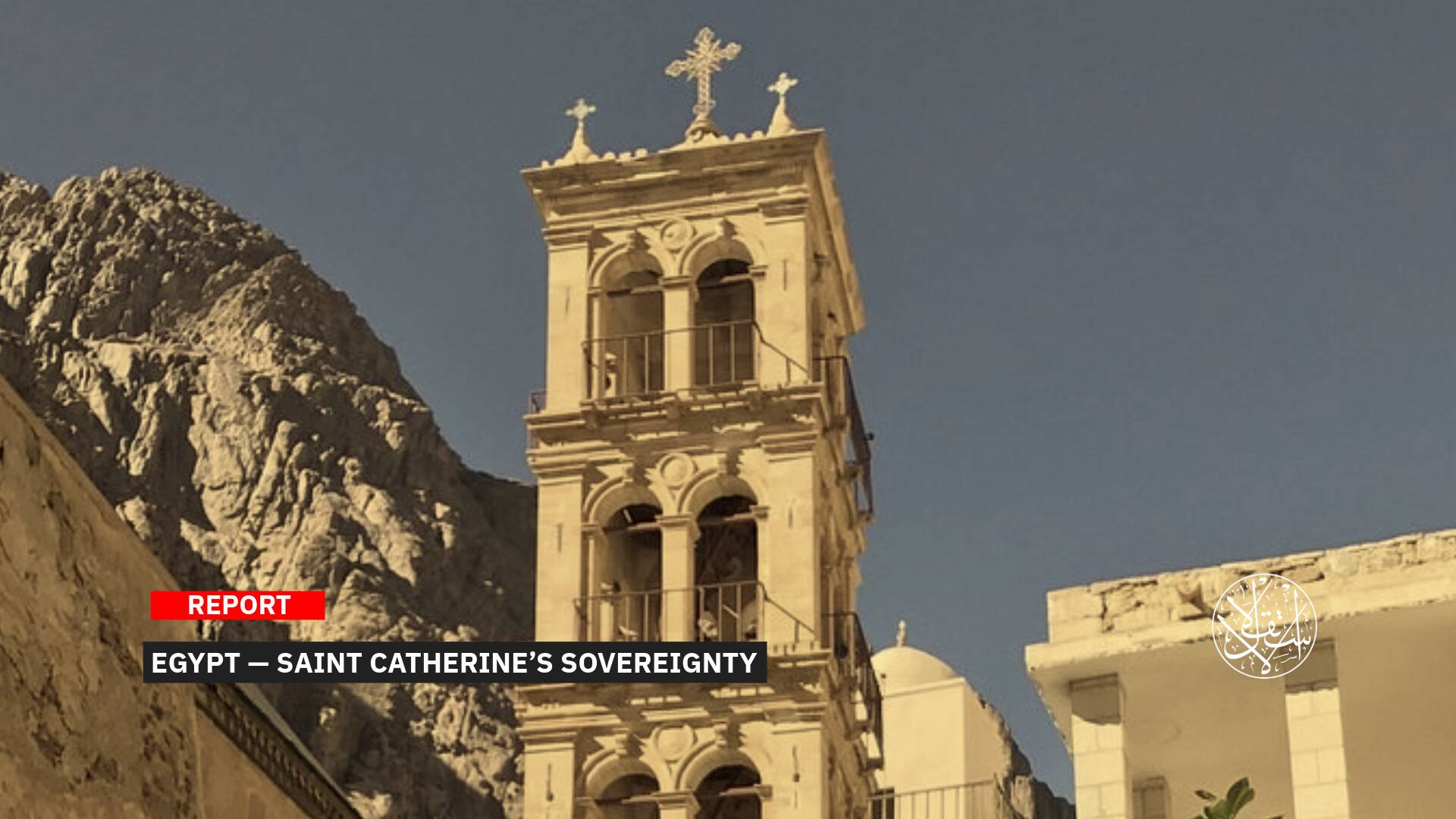For These Reasons, Washington Failed to Withdraw Completely From the Middle East in 2021

An Italian website explained that the administration of US President Joe Biden was mainly concerned during 2021 on internal issues, focusing on confronting the Corona pandemic and addressing the economic crisis in the country.
As for US foreign policy, the website of the Institute for the Analysis of International Relations talked about three files that dominated the agenda of the American president.
First, the challenge with China, then the fight against climate change and the management of the Corona epidemic crisis at the global level, in addition to efforts to strengthen relations with "democratic" allies in Europe and Asia.
Different from Trump
The Italian website noted that the transfer of power from the administration of former President Donald Trump to Biden was one of the most important events in the year for the Middle East and North Africa in general, because of the crucial importance of the changes it brought on the region.
It said the new president took a more "modest" approach than his predecessor by prioritizing diplomacy in terms of rhetoric and actions. Thus, he suggested a break with the policies of the previous administration to avoid making excessive promises about the level of US commitment in the Middle East and North African region.
It considered that this approach guarantees, for the time being, at least in part, a more stable decision-making process than the "Trumpist" model.
It stated that Trump focused largely on combating the Islamic State, and on the strategy of "maximum pressure" against Iran, in addition to efforts to formulate normalization agreements between “Israel” and the Arab countries, the UAE, Bahrain, Morocco and Sudan.
On the other hand, the Biden administration took a position that protected it from being deeply involved in the region's crises, which overshadowed the programs of the last three US administrations, according to the Italian website.
To this end, Biden appointed envoys to Yemen, Libya and the Horn of Africa, and again opened the door for Iran to participate in international talks on its nuclear program.
The website pointed out that despite this new approach and contrary to the best expectations, the fighting in May 2021 between “Israel” and the Islamic Resistance Movement Hamas pushed the Biden administration to a deeper involvement in this conflict.
Moreover, the military withdrawal from Afghanistan triggered a crisis of confidence among US partners in the Middle East, resulting in more commitment with many of them, especially the Gulf states.
Internal Matters
The Corona epidemic continued to claim thousands of victims in the Middle East, causing great pressure on public health resources in addition to limiting economic growth.
It also continued to drain public finances, in addition to increasing rates of poverty, unemployment and inequality, the Italian website indicated.
It added that vaccination rates and methods of responding to the pandemic varied greatly from one country to another.
It noted that the best results were recorded in resource-rich Gulf states, while already difficult conditions worsened in highly populated and resource-poor countries such as Yemen, Libya and Syria.
Despite these challenges, the site noted that the regional economy is currently recovering and average GDP growth in 2021 has returned to about 4 percent after a contraction of the same rate in 2020.
In turn, oil prices continued to rise in 2021 after the total collapse recorded at the beginning of 2022, and this helped improve the growth of oil-producing economies, and thus increased investment flows to some non-oil-rich countries.
On the political level, the site alluded to the halting of the democratic transition path in Tunisia and Sudan, the only remaining countries of the countries that were swept by the Arab Spring in 2011 and 2019, and observers should wait if this will be permanent or only temporary, according to the site.
As for the ongoing civil problems in the region, the site said that the conflict in Libya does not give positive signs of a close political solution, despite the continuation of negotiations between the parties, international support and planning for new elections.
From another side, the war in Yemen witnessed a dramatic escalation with the Houthis rejecting Saudi and international offers to negotiate and focus instead on trying to capture the city of Marib, and the Saudis continue to provide air support to the government and anti-militia forces.
The website also indicated that the conflict in Syria remained frozen in 2021 without major military operations taking place, but also without any signs of progress towards a solution.
Meanwhile, a new civil war broke out in Ethiopia between government forces and rebel groups in the Tigray region, raising fears of repercussions for the Horn of Africa and neighboring countries.
Confidence Crisis
From a regional perspective, the major players have taken steps to ease tensions and build or rebuild relationships, noted the Italian institute.
It noted that although countries in the region tried to rely on diplomacy to reduce tensions, the security landscape tends to become more complex and fragmented every day.
This is due to an increasing number of state and non-state actors deploying and using increasingly complex and deadly weapons.
It pointed out that the trend towards the use of armed drones, which began before 2021, continues and is accelerating.
An example of this is the attempt to assassinate Iraqi Prime Minister Mustafa al-Kadhimi by militias and the exposure of US military bases in Syria and Iraq to attacks with this weapon.

In general, the Italian site considered that the most important geopolitical event in the region was related to the withdrawal of the United States from Afghanistan.
This undermined the confidence of US partners in the region, who depended on Washington's presence and role in shaping national security strategies.
In conclusion, the Italian Studies Center emphasized that: "An atmosphere of anxiety prevailed on a large scale in the region resulting from the inability to stop neither Iran nor Taliban.









